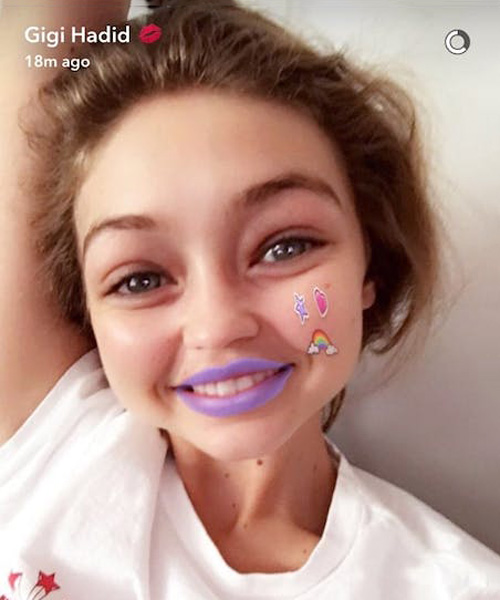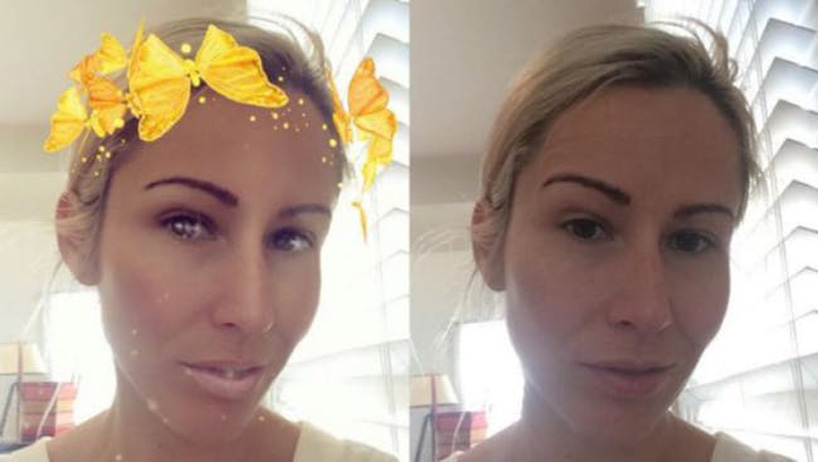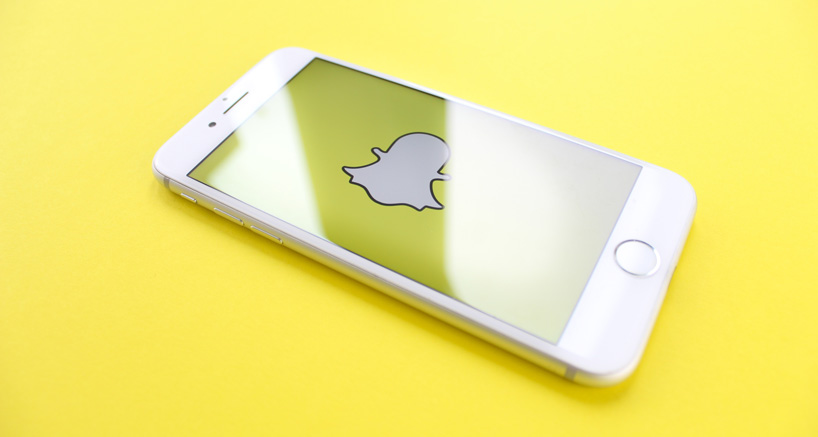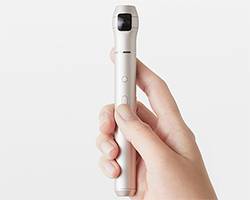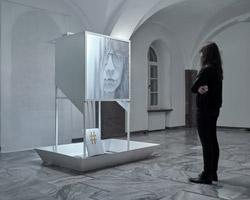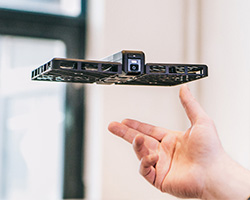KEEP UP WITH OUR DAILY AND WEEKLY NEWSLETTERS
happening this week! holcim, global leader in innovative and sustainable building solutions, enables greener cities, smarter infrastructure and improving living standards around the world.
PRODUCT LIBRARY
broken pieces of soft mirrors are pieced together using medical cotton gauze and 18-carat gold finishing, while the electric components installed allow them to move autonomously.
to top off the recreated design, the studio includes a mcfly punk hoverboard and cap alongside a PEPSI bottle for their custom model.
using a model from 1990s, the trio turns the vehicle into an automotive art piece with boom boxes on the removable roof.
tesla plans to begin production of the fully autonomous taxi over the next two years.
connections: +1180
